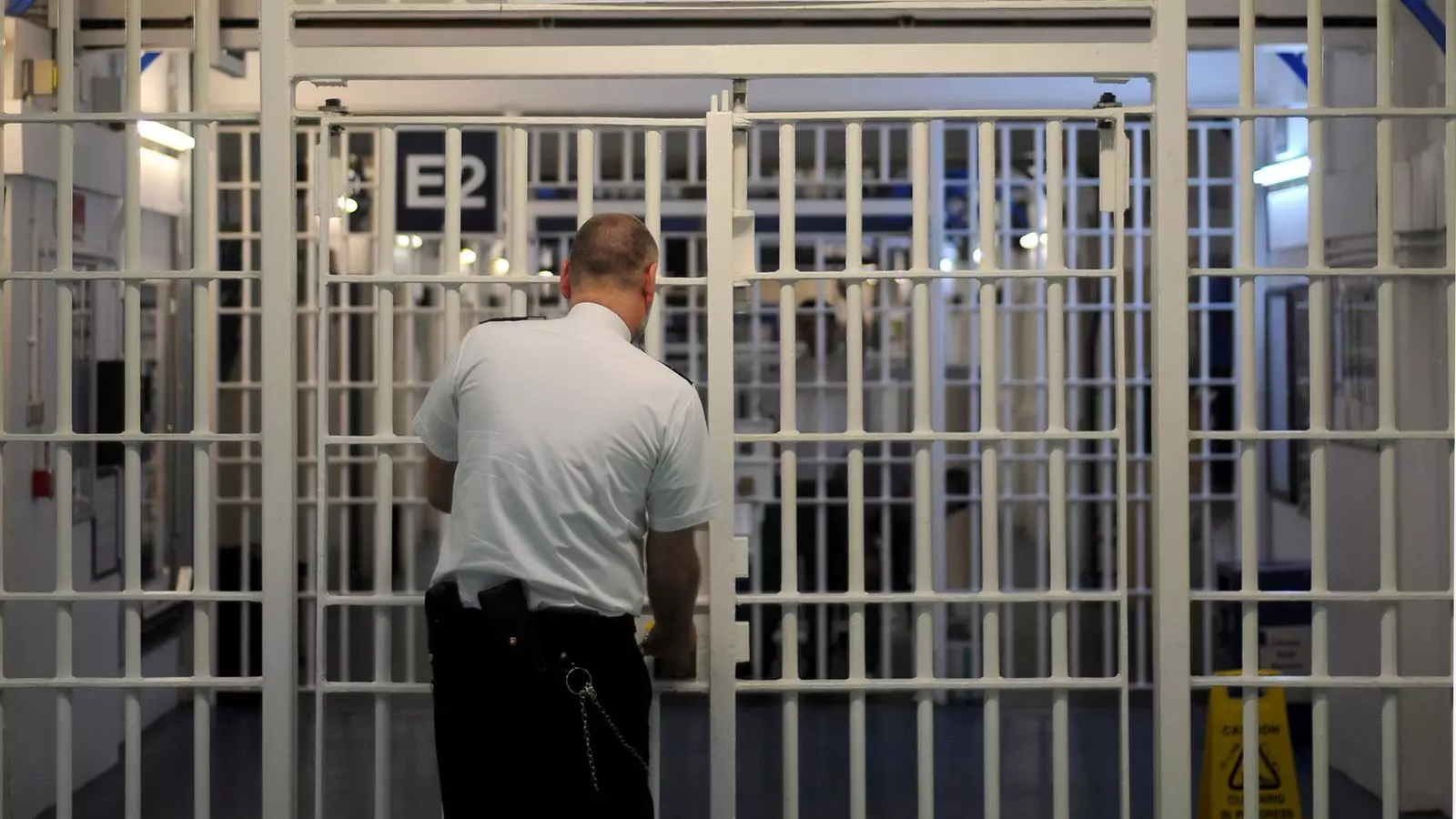In response to the ongoing issue of prison overcrowding in England, the Ministry of Justice has implemented an emergency measure known as Operation Early Dawn. This measure aims to address the lack of space in jail cells by keeping defendants in police custody instead of transferring them to magistrates’ courts for bail hearings. The initiative, currently limited to London and the North East, seeks to ensure that there is always a custody cell available for remanded prisoners.
The Law Society, representing solicitors in England and Wales, has raised concerns about the implications of Operation Early Dawn. They predict that many magistrates’ court cases will be delayed, with priority given to the most serious offenses. Defendants who do not fall into the priority category may be released on police bail, further complicating the judicial process. This delay in court proceedings may have far-reaching consequences for victims, witnesses, defendants, and lawyers, leading to frustration and uncertainty in the legal system.
At Prime Minister’s Questions, the Prime Minister faced scrutiny over the state of the prison system and the decision to release prisoners early. The Ministry of Justice defended the emergency measure, emphasizing the need to keep dangerous offenders behind bars. However, critics argue that the crisis in prison space is a direct result of years of underfunding and neglect of the criminal justice system. The government’s stance on justice and security has come under fire, raising questions about the effectiveness of current policies.
In addition to Operation Early Dawn, the End of Custody Supervised Licence (ECSL) scheme has been extended indefinitely to address overcrowding issues. This scheme allows for the early release of prisoners, excluding those convicted of serious offenses. However, recent controversies have erupted over the release of high-risk offenders, including sex offenders, sparking debates about public safety and risk assessment protocols. The clash between political leaders over the handling of these offenders underscores the complexities of managing prison populations and ensuring public safety.
As the debate surrounding prison overcrowding and emergency measures intensifies, it is clear that a comprehensive approach to criminal justice reform is needed. Addressing the systemic issues that contribute to overcrowding, such as inadequate funding and resources, is essential to creating a more efficient and equitable legal system. Moreover, policies regarding the release of offenders and the management of prison populations must be carefully evaluated to prevent further crises and safeguard the well-being of the community. Collaborative efforts between government agencies, legal professionals, and advocacy groups are crucial in implementing effective reforms and upholding the principles of justice and public safety.

Leave a Reply